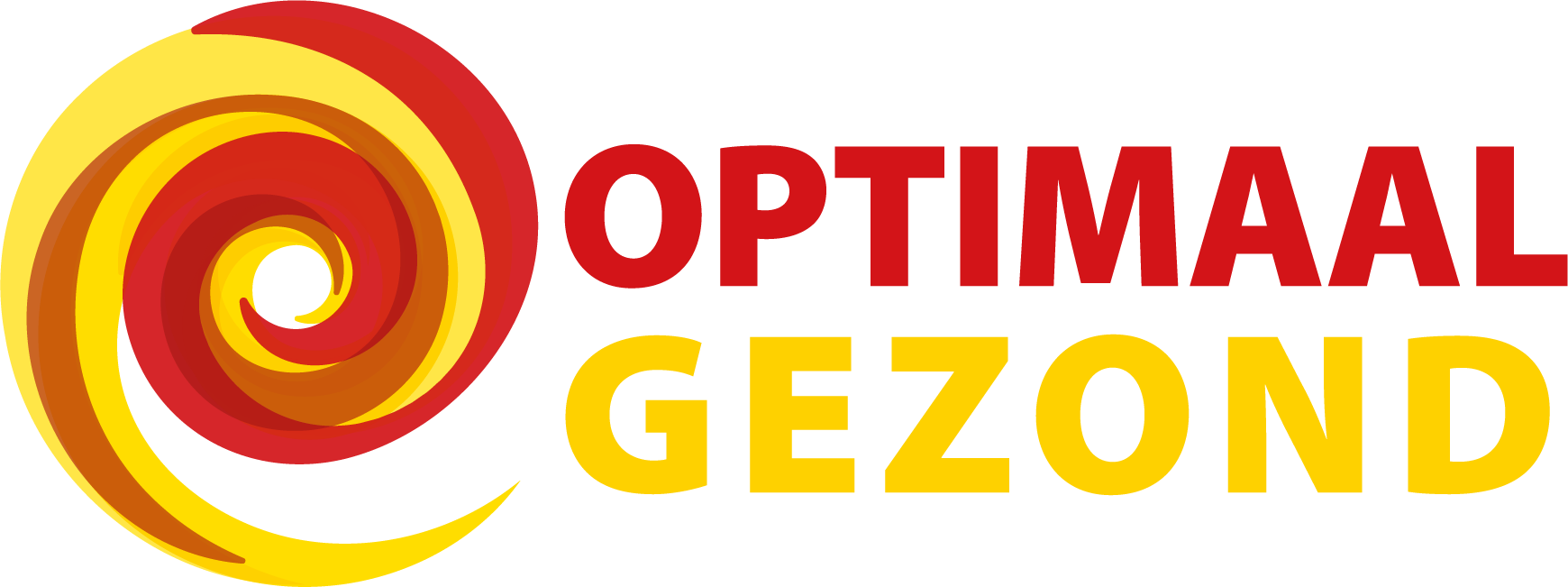There are no products in your shopping cart yet.
PMS in the fall and winter

Premenstrual Syndrome (PMS) in Fall and Winter
Premenstrual Syndrome (PMS) can be quite challenging, especially during the fall and winter months. These months can be tough, with feelings of sluggishness, fatigue, and even a lack of happiness. Reduced motivation to do things and an increased burden of PMS can affect your well-being.
What is PMS?
PMS is a complex of physical and psychological complaints that you may experience during the two weeks leading up to the start of your menstruation. These symptoms can vary widely and range from mild to severe. Women dealing with PMS often face issues such as bloating, headaches, and mood swings. For some, PMS can be so severe that it hampers their ability to function normally, leading to absenteeism or significantly increasing the difficulty of daily tasks. Relationships can be strained by extreme mood swings, and you just don't feel like yourself.
PMS in Fall and Winter
PMS is often worse in the fall and winter. The festive month of December brings stress, excessive sugar intake, alcohol, unhealthy fats, and overeating. These factors can also lead to disrupted sleep patterns. This combination of stress, poor nutrition, and lack of exercise can result in insufficient progesterone production during the menstrual cycle. This can lead to an increase in estrogen dominance, where the balance between estrogen and progesterone is disturbed, causing various complaints, including PMS.
Winter Depression and PMS
Many common PMS symptoms overlap with symptoms of a "winter depression," which can start as early as the fall. Mood swings, cravings for carbohydrates, fatigue, depression, and an increased need for sleep are common characteristics. Women with PMS often experience broken nights and restless sleep.
The unhealthy diet and stress during this period can affect insulin production, resulting in insulin resistance. This is when your body produces too much insulin because it can no longer effectively reach the cells. The cause is too many carbohydrates and eating too often (eat a maximum of 3 times a day). Insulin resistance can lead to disrupted nutrient absorption by the cells, causing various complaints (weight gain, fatigue, high blood sugar, increased appetite, hypertension, elevated triglycerides, PCOS, skin problems, type 2 diabetes). It is also one of the causes of overeating carbohydrates. The whole bag of gingerbread or Christmas cookies that must be emptied. Estrogen dominance exacerbates this process, making it increasingly difficult to maintain balance in your diet.
Tackling PMS in Fall and Winter
- Ensure sufficient intake of minerals, especially magnesium and vitamin D3, to replenish deficiencies.
- Consider taking 5-HTP in the early evening if you suffer from sadness or evening binge eating.
- Adjust your diet with a focus on healthy fats and increased protein intake. Limit carbohydrates as much as possible (under 50 grams of carbohydrates per day).
- Consider intermittent fasting by occasionally skipping a meal, which can stimulate growth hormone production and promote recovery. Eat a maximum of 3 times a day.
- Increase the use of progesterone cream to twice a day with a larger pump (twice a day ¼ teaspoon) and avoid stop days for the next 2 months.
- Prioritize sleep, aiming to sleep before 11 PM and wake up on time.
- Maximize your exposure to natural light by going outside as much as possible. Consider using a light lamp as a supplement.
- Stay as active as possible. Start going to the gym now instead of waiting until January 2.
Don't let PMS in fall and winter control your life. Take action with these strategies to bring your body into balance and improve your well-being. Remember, small lifestyle adjustments can have a significant impact on PMS symptoms and your overall health.
No comments found.
 English
English


